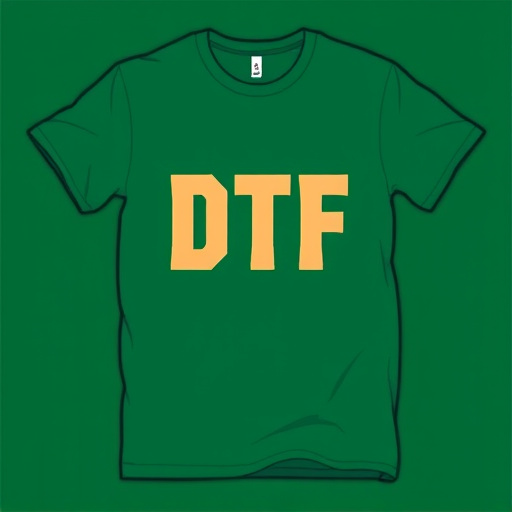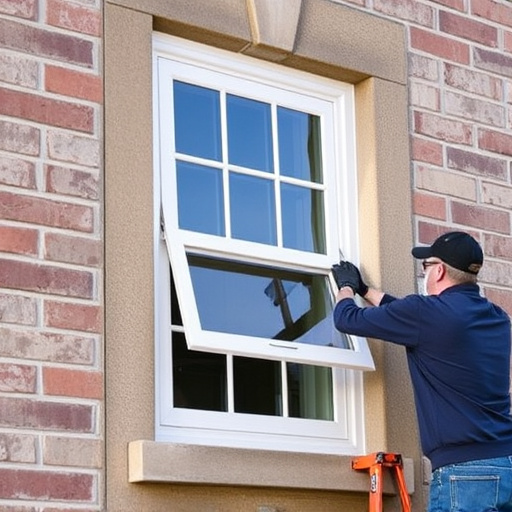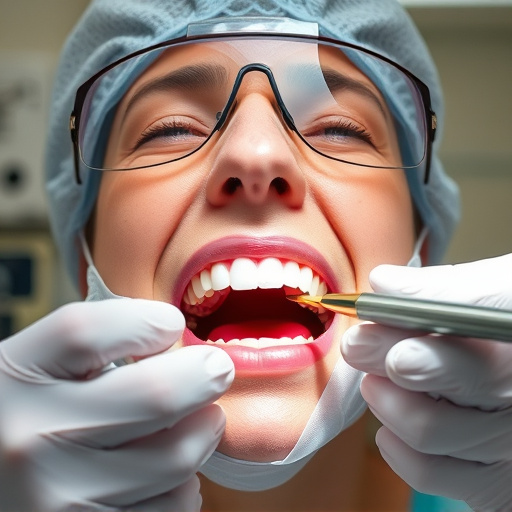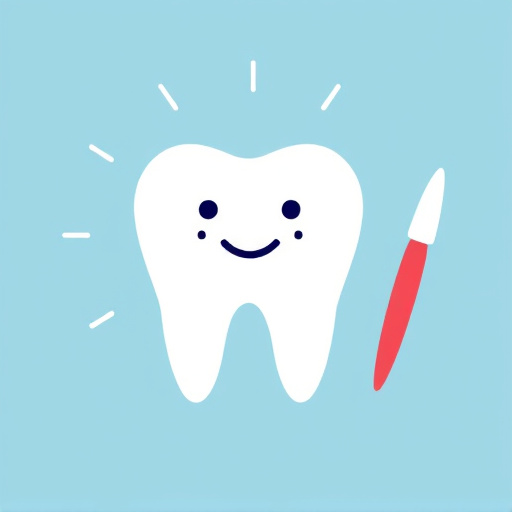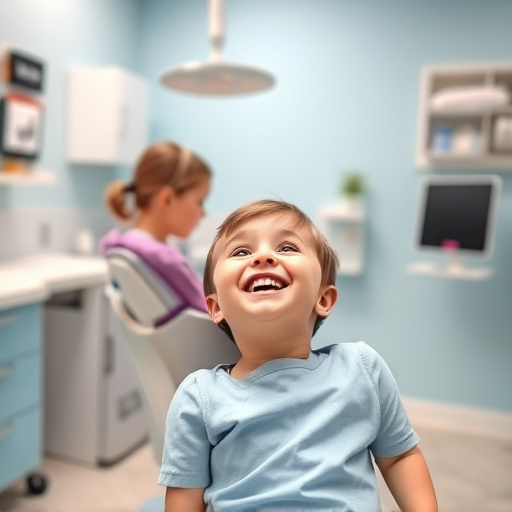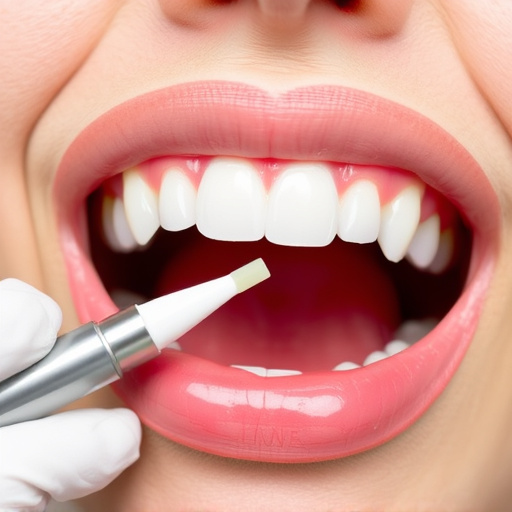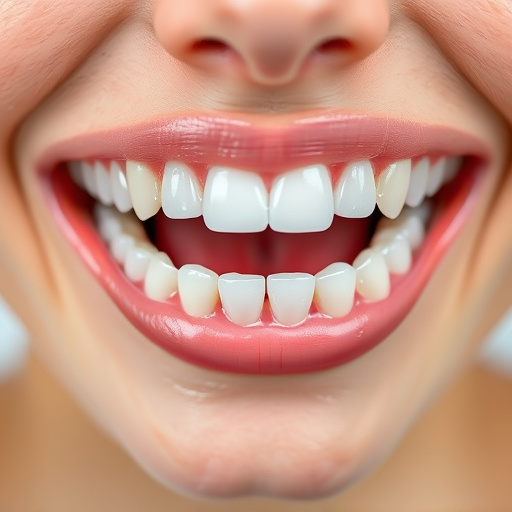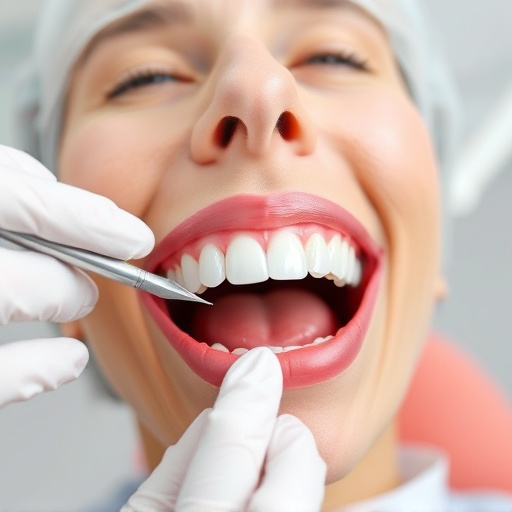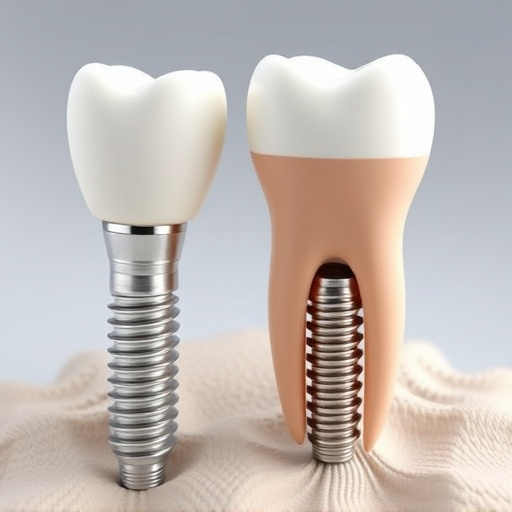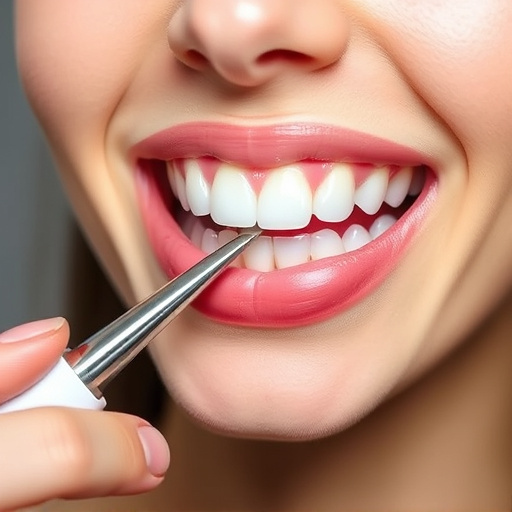Oral health assessment for seniors is a key tool for maintaining dental well-being and overall health through early detection of issues like decay, gum disease, or cancer. Regular assessments enable personalized care, proactive tooth repair, and prevention of severe emergencies. They also uncover systemic conditions, highlighting the link between oral and systemic health, with recommendations including dental bonding or wisdom tooth removal. The goal is early intervention to preserve dental health and quality of life for seniors.
Oral health assessment is crucial for seniors’ dental care, often overlooked yet vital. As our population ages, understanding and prioritizing comprehensive dental checkups become essential. This article delves into the significance of oral health assessments for elderly patients, highlighting key components of a thorough dental exam. We explore benefits of regular care, emphasizing its role in maintaining and enhancing smiles in older adults.
- Understanding Oral Health Assessment for Seniors
- Key Components of a Comprehensive Dental Checkup
- Benefits of Regular Care for Elderly Patients' Smiles
Understanding Oral Health Assessment for Seniors
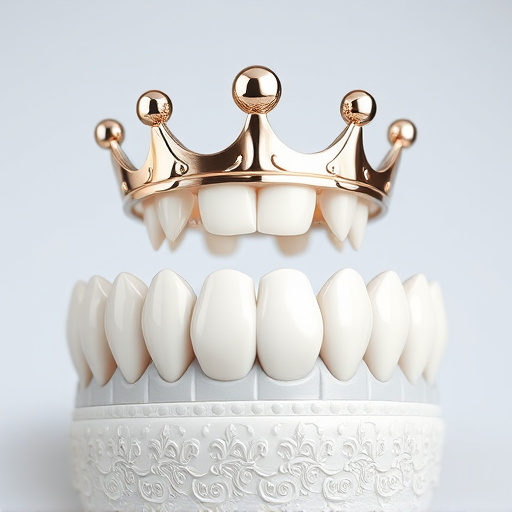
An oral health assessment is a crucial step for seniors to maintain their dental well-being and overall health. As we age, our oral hygiene needs evolve, and regular evaluations become essential to identifying potential issues early on. This process involves a thorough examination of the teeth, gums, mouth, and associated structures by a dental professional. During an oral health assessment, dentists can detect various problems such as tooth decay, gum disease, oral cancer, or other systemic conditions that may manifest in the mouth.
By understanding the importance of these assessments, seniors can access comprehensive dental care tailored to their unique needs. It allows for proactive measures to be taken, ensuring prompt tooth repair and preventing more severe dental emergencies. Furthermore, an assessment can reveal underlying health issues that might require specialized treatment, emphasizing the connection between oral and systemic health.
Key Components of a Comprehensive Dental Checkup
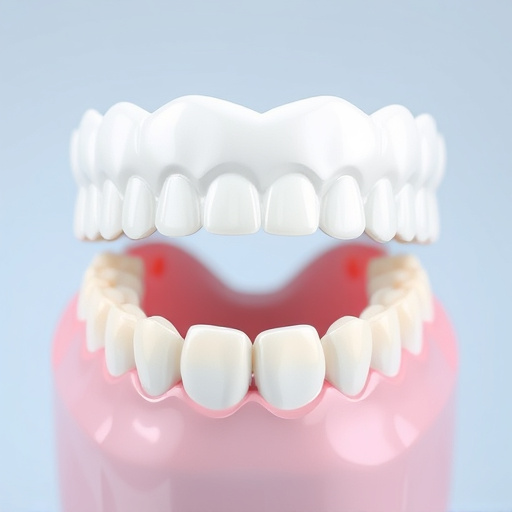
A comprehensive oral health assessment for seniors goes beyond a simple teeth cleaning. It involves a detailed examination that includes checking for gum disease, tooth decay, and any signs of oral cancer. During this process, family dentistry professionals may also assess the functionality of dental prosthetics, such as dentures or bridges, and evaluate the overall oral health history of the patient.
Additionally, they might recommend procedures like dental bonding to repair minor chips or cracks, or discuss the need for wisdom tooth removal if they are causing discomfort or potential issues. The goal is to catch any potential problems early on, ensuring optimal dental care and maintaining the senior’s quality of life.
Benefits of Regular Care for Elderly Patients' Smiles
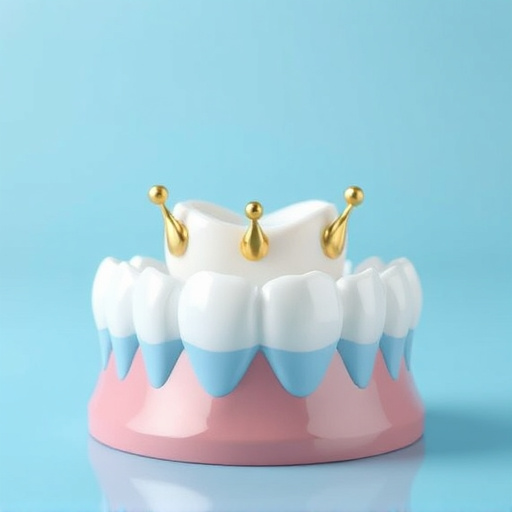
Regular oral health assessments play a pivotal role in maintaining and enhancing the smiles of elderly patients. As people age, their dental needs evolve, making consistent care even more vital. A comprehensive evaluation allows dentists to identify potential issues early on, such as tooth decay, gum disease, or changes in oral structures, which can be more challenging to detect in seniors due to reduced sensitivity and mobility. By addressing these concerns promptly, professionals in restorative dentistry can prevent further complications, ensuring the long-term health of their elderly patients’ teeth and gums.
Moreover, routine dental cleanings and check-ups provide an opportunity to educate seniors on proper oral hygiene practices tailored to their age group. This includes guidance on managing dry mouth, a common concern in older adults, as well as recommendations for products and techniques to maintain gum health. Additionally, clear aligners, when necessary, offer a discreet and effective solution for correcting misalignments, contributing to an improved overall dental aesthetic and the preservation of senior patients’ quality of life.
An oral health assessment is an indispensable component of comprehensive dental care for seniors, addressing unique challenges associated with aging. By incorporating regular checkups and understanding key components like gum health evaluation and tooth decay prevention, we can ensure elderly patients maintain vibrant smiles. The benefits are clear: improved overall health, enhanced quality of life, and the prevention of painful procedures. Thus, prioritizing oral health assessment is a crucial step in fostering well-being among seniors.

